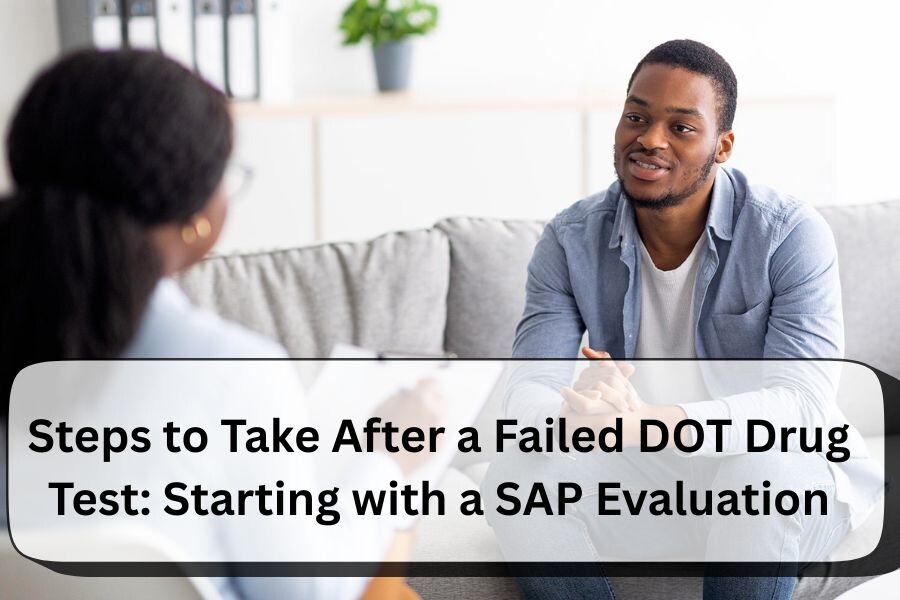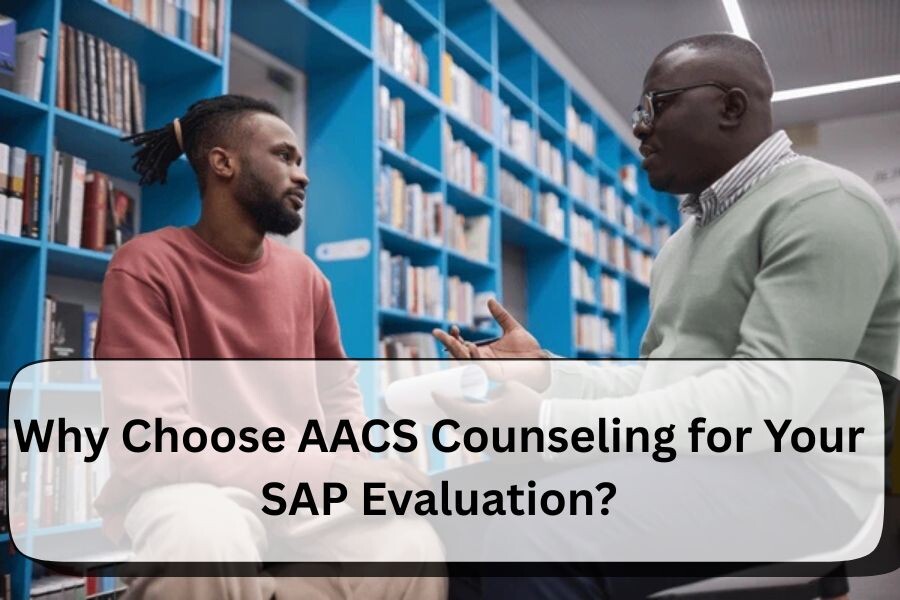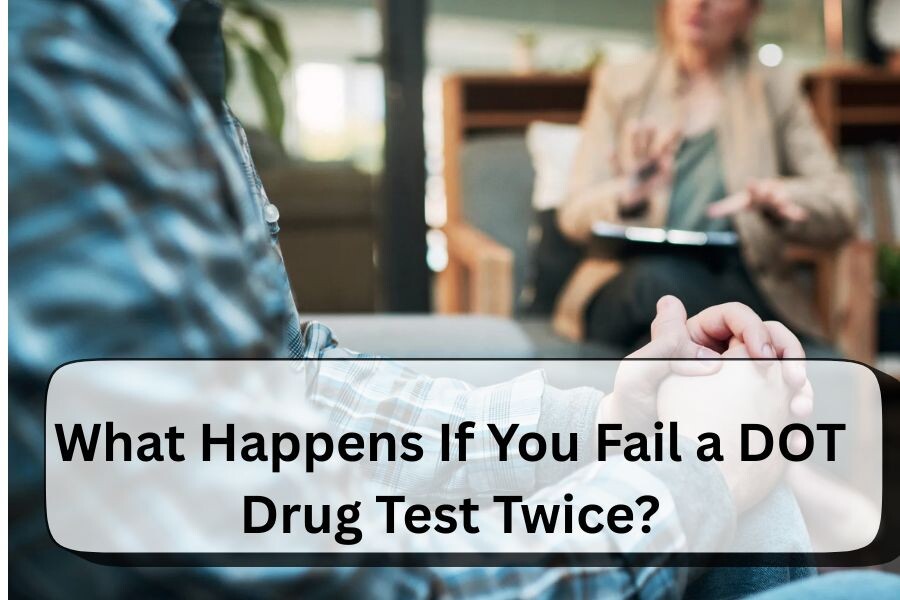Failing a DOT drug or alcohol test can feel like the end of the road for your career. But completing a Substance Abuse Professional (SAP) evaluation is the only way to get back to work.
The problem? Many drivers worry about the high costs of SAP programs. That’s why our Virtual DOT SAP Program starts at just $113—making it the lowest-cost, FMCSA-approved option nationwide.
In this guide, we’ll explain how our program helps you save money, what’s included in the cost, and why affordable doesn’t mean cutting corners.
Why SAP Program Costs Matter
After a violation, drivers are already facing lost income. Expensive programs can make recovery even harder. That’s why cost is one of the biggest concerns for CDL drivers entering the Return-to-Duty (RTD) process.
Choosing an affordable SAP program means you:
- Spend less upfront while still meeting DOT requirements.
- Get back to earning faster.
- Avoid unnecessary financial strain during an already stressful time.
Lowest Cost SAP Evaluation: From $113
Transparent Pricing
At AACS Counseling, we offer one of the most affordable virtual SAP evaluations in the U.S., with pricing starting at just $113.
Here’s how it breaks down:
- Initial SAP Evaluation: $113 – $400 (case dependent)
- Follow-up Sessions: $50 – $150 each
- Treatment/Education Programs (if required): $200 – $1,000
- Return-to-Duty Test: Additional lab fees
💡 With us, you’ll know exactly what you’re paying for upfront—no hidden fees.
How a Low-Cost SAP Program Still Meets FMCSA Standards
Some drivers worry that “low cost” means lower quality. Not true. Our program is:
- ✅ 100% FMCSA-compliant – accepted in the Clearinghouse nationwide.
- ✅ Delivered by DOT-qualified SAPs – experienced professionals.
- ✅ Convenient & accessible – done online via secure telehealth.
- ✅ Focused on compliance and results – ensuring you return to duty safely.
👉 Affordable doesn’t mean cutting corners—it means giving drivers fair access to the same DOT-approved process.
Who Pays for a DOT SAP Program?
Most often, drivers pay for their own SAP evaluations. Employers may cover costs in some cases, but this isn’t guaranteed.
That’s why keeping expenses low is critical. By choosing a virtual SAP program, you can:
- Avoid travel costs.
- Reduce overall session fees.
- Begin for as little as $113, even if you’re covering the cost yourself.
Virtual = More Affordable + Faster
Our virtual SAP evaluations aren’t just cheaper—they also save you time and money by:
- Eliminating travel expenses.
- Allowing flexible scheduling.
- Shortening the RTD timeline (many drivers clear in 2–4 days).
👉 With virtual access, the lowest-cost option also happens to be the most efficient.
Why Choose AACS Counseling’s Affordable SAP Program?
At AACS Counseling, we believe cost should never stand in the way of compliance. That’s why we:
- Offer evaluations starting at $113.
- Provide payment plan options to fit your budget.
- Deliver nationwide telehealth access.
- Ensure FMCSA-approved results, guaranteed to meet DOT standards.
Conclusion
The Lowest Cost DOT SAP Program Online makes it possible to complete your Return-to-Duty process without draining your wallet.
- Prices start at just $113
- FMCSA-approved and Clearinghouse-compliant
- Nationwide virtual access
👉 Don’t overpay for what you need to get back on the road. Contact AACS Counseling today and start your affordable SAP program now.

![DOT SAP Program in New York: A Complete Guide [2025]](https://www.aacscounseling.com/wp-content/uploads/2025/11/Comprehensive-Insight-Alcohol-and-Drug-Evaluation-Questions-and-Duration-Explained-6.jpg)
![DOT SAP Program in California: A Complete Guide [2025]](https://www.aacscounseling.com/wp-content/uploads/2025/11/Comprehensive-Insight-Alcohol-and-Drug-Evaluation-Questions-and-Duration-Explained-7.jpg)

![DOT SAP Program in Florida: Your Complete Guide [2025]](https://www.aacscounseling.com/wp-content/uploads/2025/11/Comprehensive-Insight-Alcohol-and-Drug-Evaluation-Questions-and-Duration-Explained-1-1.jpg)

![DOT SAP Program in Texas: A Complete Guide [2025]](https://www.aacscounseling.com/wp-content/uploads/2025/11/Comprehensive-Insight-Alcohol-and-Drug-Evaluation-Questions-and-Duration-Explained-2-1.jpg)





